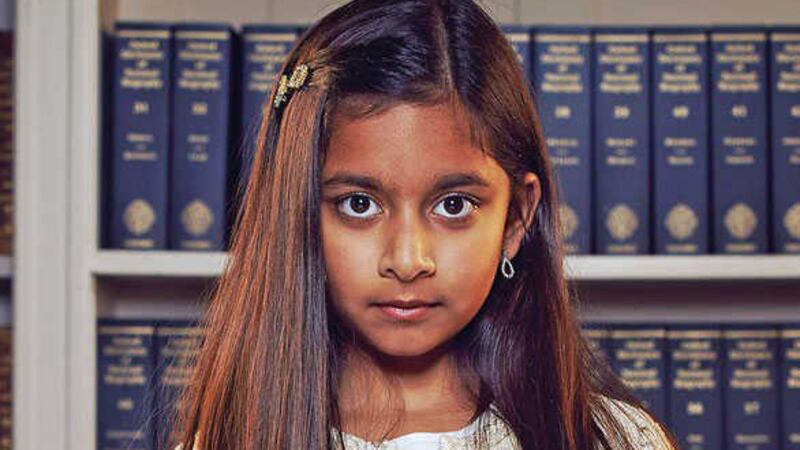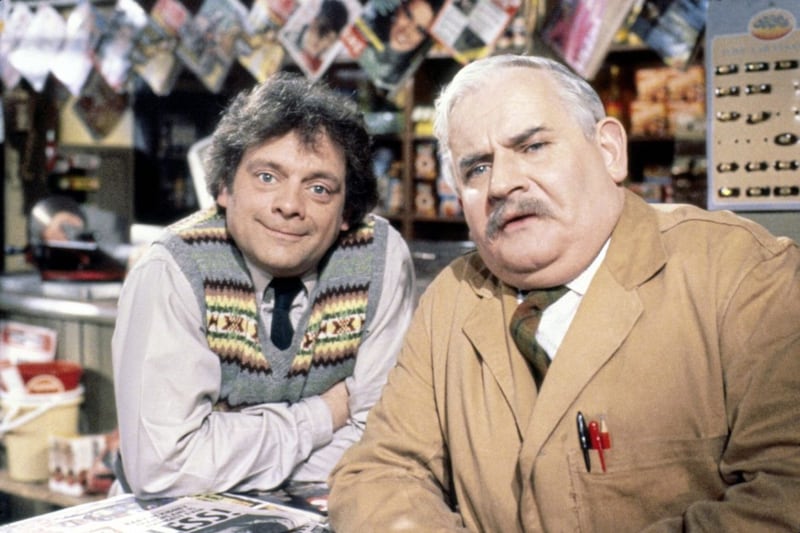WHAT a competitive society we live in. It’s reflected in so many aspects of our lives.
In every field from education to entertainment, it’s the clever, the talented and the pushy, imbued with self-belief, who thrive.
I watched in mounting dismay the Channel Four series ‘Child Genius’. Its premise is simple.
Gather together a group of gifted 9-to-12 year-olds whose IQs are in the top 2 per cent of the population and put them through an elimination contest that’s a cross between Mastermind and University Challenge – all for a trophy that’s taller than most of them and the dubious title ‘Child Genius’.
And what a formidable posse of juvenile prodigies they assembled – some modest and grounded, some nervous but confident, others arrogant and boastful and in one or two cases, positively obnoxious. (As Auntie Mollie would say: “You couldn’t like them if you’d reared them.”)
Cameras backstage and in their homes monitored their preparation for the competitive heats, eavesdropping on their apprehensions and stresses, their gruelling practice schedules, the clashes of mini egos among the noisier of their fellow contestants – and most tellingly, focused on their parents’ attitudes and actions.
What a revelation that proved to be. Some of the parents made ‘tiger moms’ (and dads) look like pussycats. Single mindedly propelled by ambition and with the light of the fanatic in their eye, they spent five or six hours a day stuffing their children like sofa-cushions with facts and formulae and parroting mantras gleaned from self-development books.
It didn’t look like fun for either party. Some had invested such faith in their child’s brilliant potential they had given up their jobs to devote all their energies to hothousing their ‘Infant Phenomenon’ to intellectual perfection.
“She’s my life’s work,” declared one redoubtable ‘helicopter’ mother, whose relentless coaching of her little daughter was truly scary.
Isn’t there something infinitely sad about parents who attempt to live their lives vicariously through their children? I wonder if, in the long run, her daughter will thank her for it?
My heart went out to the young competitors. Along with their intensive programme of learning, their leisure activities included art, music, dance, drama and chess.
When do they play like normal children with ordinary friends? Do they have any friends? Like most hyper-intelligent children, they spoke lucidly about the pressures of being clever.
Asked if they enjoyed being ‘different’ and how they got on with their more ordinary peers, one responded: “I don’t want to be an ordinary kid.”
Surely this undue parental conditioning turns them into anxious little perfectionists, their future mapped out for them and, in this competition, being showcased as intellectual freaks.
I’d worry about their emotional development when they’re constantly being told: “Winning is paramount. There’s a winner – and others. That’s the way society works.”
It was pathetic to see a child on the podium, brain freezing over at an impossible question and anguished eyes darting instinctively to its stony-faced parents in the audience.
Do they wonder if their parents’ love for them is conditional and founded on their success? What a burden to put on young shoulders.
One could speculate idly on the future of these intensively reared chicks, though undoubtedly they’re sure of a professional career in academia, industry or business – unless they kick over the traces and run away to join the circus.
Wouldn’t it be interesting to monitor their lives and discover how they might rear their own children?
Two or three stiff rounds soon winnowed the worthy wheat from the boastful chaff, who departed red-eyed with disappointment – one with the defiant partying shot: “I’m the most intelligent child in the universe!”
The final pair put on an awesome performance. To paraphrase that quote from Oliver Goldsmith: “ – and still the wonder grew that these small heads could carry all they knew.”
But what I recall is not the curiously impassive face of Rhea, the 10-year-old winner, but the purple shadows of strain under the 9-year-old runner-up Saffy’s eyes.








